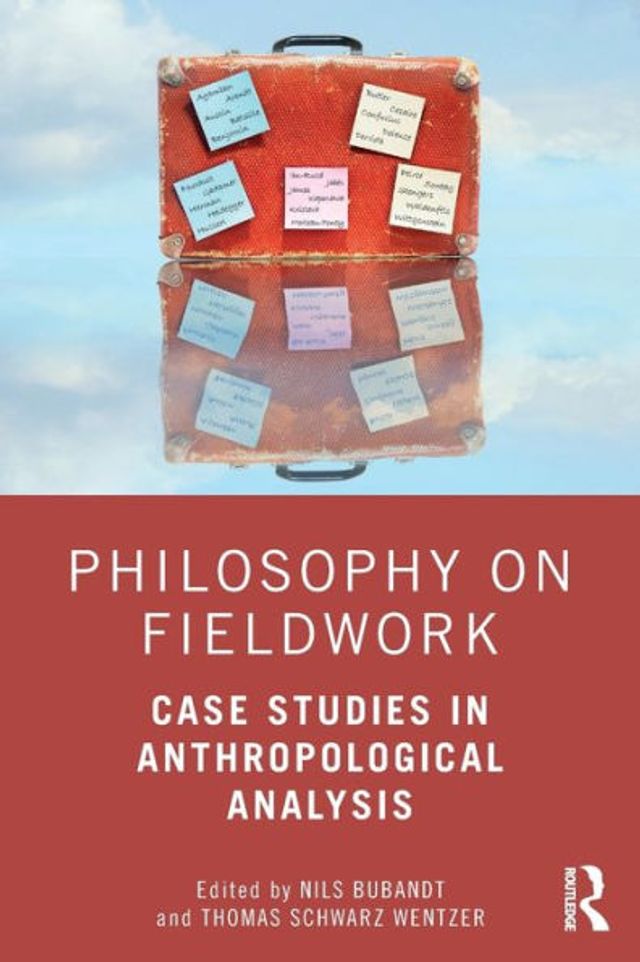Home
Integral Philosophy: The Common Logical Roots of Anthropology, Politics, Language, and Spirituality
Barnes and Noble
Integral Philosophy: The Common Logical Roots of Anthropology, Politics, Language, and Spirituality
Current price: $40.00


Barnes and Noble
Integral Philosophy: The Common Logical Roots of Anthropology, Politics, Language, and Spirituality
Current price: $40.00
Size: OS
Loading Inventory...
*Product information may vary - to confirm product availability, pricing, shipping and return information please contact Barnes and Noble
This cumulative course on Johannes Heinrichs’s philosophical works presents the essence of his previous publications: a rich, consistent, and novel monolithic system defying temptations by the zeitgeist. Starting with an emphasis on reflection as the basis of epistemology, Heinrichs also covers the mind-body dualism in an anthropology chapter, moves on to presenting summaries of his theory of democracy as well as his philosophical semiotics, followed by an outline of structural and integral ontology. An overview of ethical positions in the final chapter proves the fertility of Heinrichs’s theoretical-reflection methods.
Heinrichs (born 1942 in Duisburg/Rhine, Germany) developed a “reflection system theory” which is an original up-to-date development of German idealism, inspired by the multi-value logic of Gotthard Günther. His reflection theory of language presents an alternative to the current language analysis as well as to Chomsky’s way of universal grammar. By his systematic approach, he opposes the mere historicism of most Western philosophers, also by the spiritual character of his very methodical philosophy. In spiritual respects, he is near to Sri Aurobindo.
Heinrichs (born 1942 in Duisburg/Rhine, Germany) developed a “reflection system theory” which is an original up-to-date development of German idealism, inspired by the multi-value logic of Gotthard Günther. His reflection theory of language presents an alternative to the current language analysis as well as to Chomsky’s way of universal grammar. By his systematic approach, he opposes the mere historicism of most Western philosophers, also by the spiritual character of his very methodical philosophy. In spiritual respects, he is near to Sri Aurobindo.


















